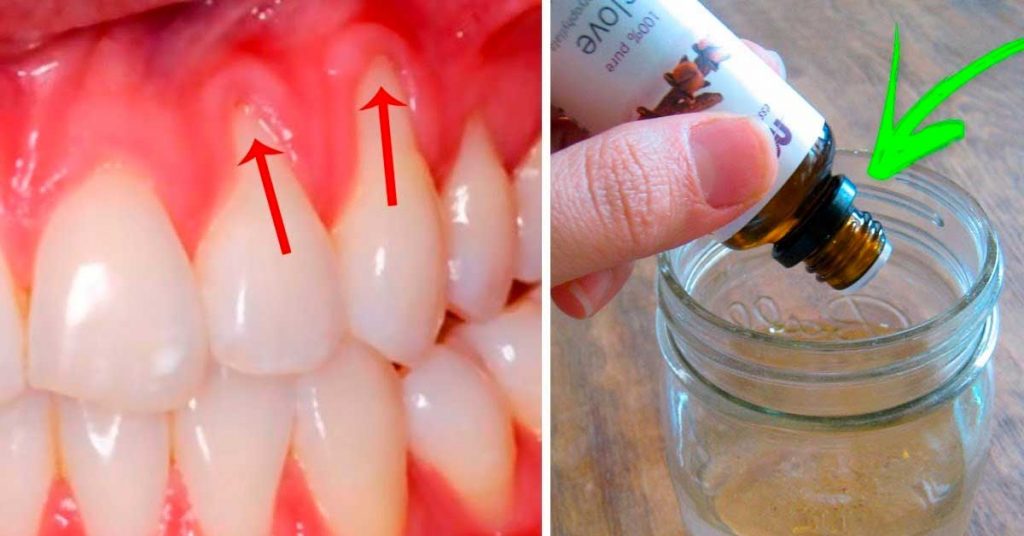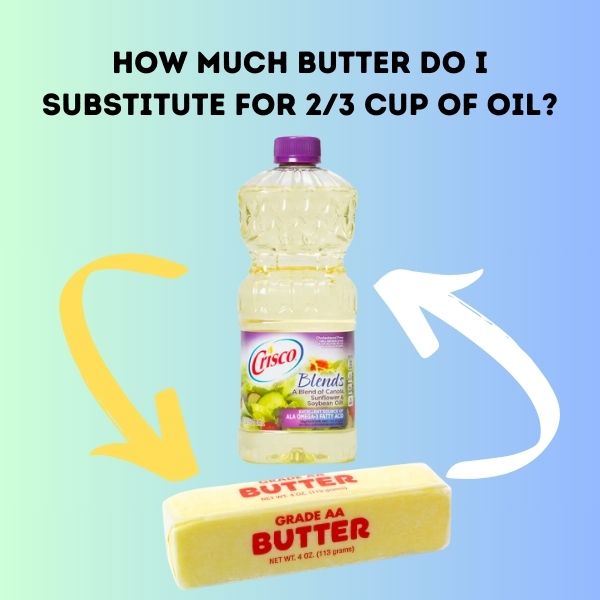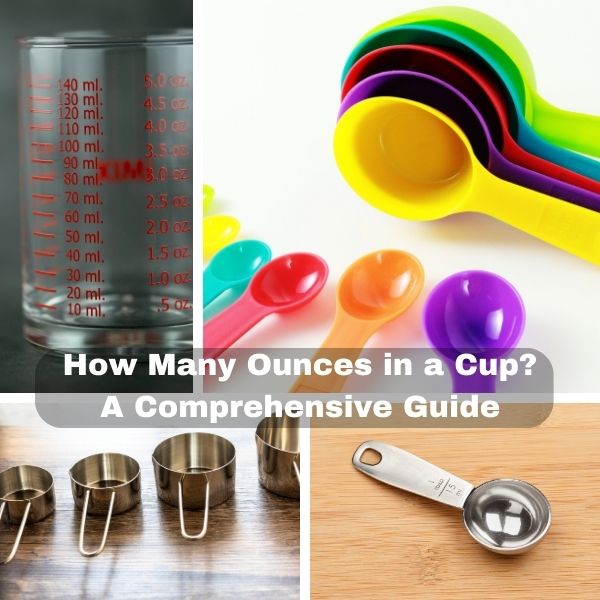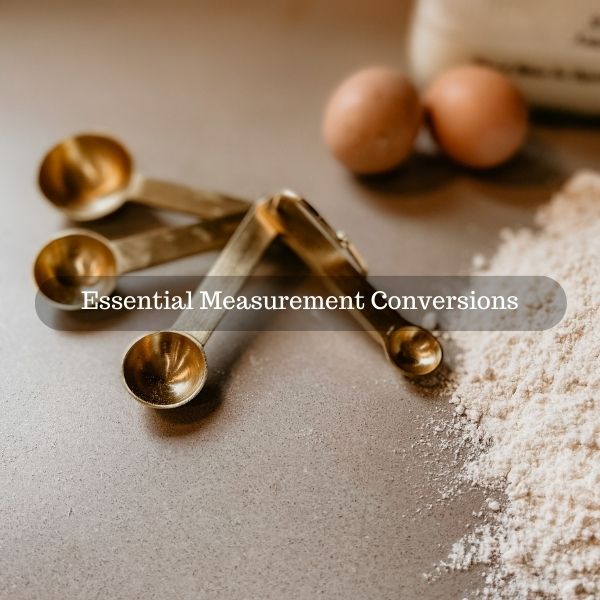6. MYRRH MIX
Myrrh isn’t talked about much as an oral treatment, which is a shame considering that it’s highly recommended as a remedy for sore gums.
Put 10 to 12 drops of myrrh tincture into a cup of warm water. You’ll use this mix as a mouth rinse for your normal brushing routine.
7. CRANBERRY JUICE
Cranberry juice is highly concentrated with vitamin C and makes for an excellent antioxidant in treating oral problems. Specifically, cranberry juice has shown to be effective in fending off receding gums and oral infections. Studies demonstrate that low intake of vitamin C is linked to higher risk of periodontal disease.
Simply drinking four ounces of cranberry juice per day may help prevent bacteria from accumulating and hardening into the teeth. Other excellent sources of ‘C’ include oranges, grapefruit, lemons, strawberries, papaya, broccoli, and red pepper.
8. GREEN TEA
Known for its age-fighting composites, green tea was found by Japanese scientists to help promote healthy teeth and gums. One study, published in the Journal of Periodontology, found that drinking a cup of green tea each day decreased periodontal pocket depth, improved the attachment of the gums to the teeth, and reduced gum bleeding. In fact, the more cups of green tea consumed, the better the results.
Green tea, along with cranberry juice, may just be the two best products we can drink to promote gum health.
9. SEPTILIN
Spetilin is an Ayurvedic medicine shown to strengthen immunity. This traditional medicine is a mix of compounds that, in addition to supporting a healthy immune system, also reduce inflammation.
A study published in the Journal of Periodontal Implant Science found that dietary supplementation with Septilin improves periodontal treatment outcomes in just three weeks.
10. FLOSSING
Okay, we’re breaking the mix/compound/rinse/oil mold here with this last item. But flossing with an all-natural material helps reduce bacteria and plaque almost as well as oil pulling.
It isn’t necessary to floss every day, either. Flossing a couple of times per week, as well as maintaining good oral hygiene, may be enough to ward off gum recession.






